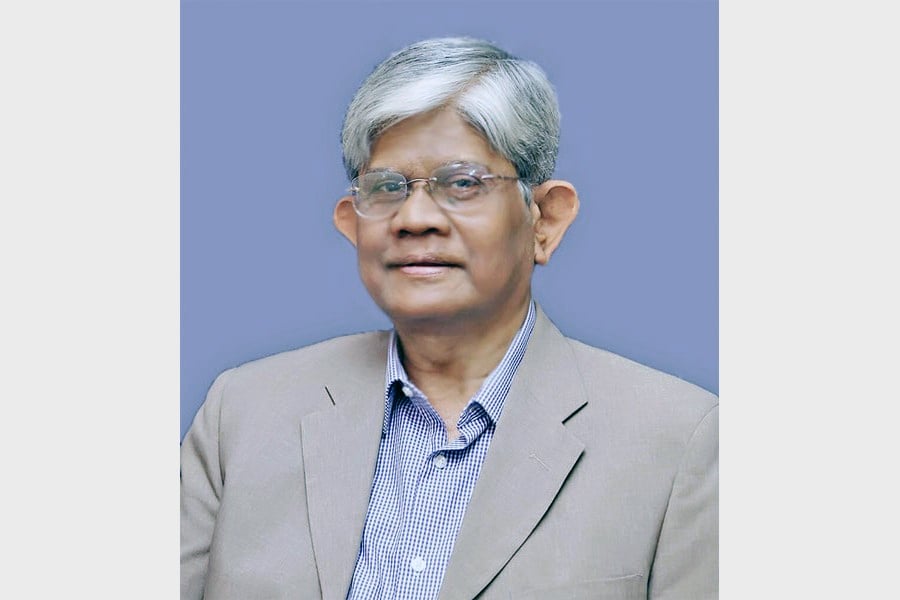News Flash
News Flash

DHAKA, Dec 15, 2024 (BSS) - Finance Adviser Dr Salehuddin Ahmed today laid emphasis on narrowing gap between production costs and consumer expenses to provide relief to the people struggling with soaring prices of essentials.
"The inflated prices consumers pay often stem from unnecessary intermediaries in the supply chain," he said while speaking at the annual conference of the International Business Forum of Bangladesh (IBFB) at Gulshan Club in the city.
Salehuddin said there are legitimate middlemen who facilitate the supply of products, but extortionists are entirely different.
"For instance, when a truck carrying goods worth Tk5 lakh enters the market, extortionists demand Tk500 each at various points. By the time the goods reach their destination, the value inflates to Tk7 lakh," he added.
Reflecting on corruption during the Awami League regime, Salehuddin noted that while corruption exists in many countries, in Bangladesh, it has become so pervasive that it defies imagination.
"This is a clear case of regulatory failure. Institutions have been dismantled, and policymakers, bureaucrats, and businessmen alike have blatantly violated the rules," he added.
Among others, eminent economist Debapriya Bhattacharya also spoke on the occasion.
Debapriya Bhattacharya laid emphasis on a coordinated, effective, and confidence-building mid-term plan to address addresses the liquidity crisis in banks or the economic challenges within the next six months or by the time of the budget.
"The interim government's success will also depend on how it addresses the liquidity crisis in banks or economic challenges within the next six months or by the time of the budget. Issues such as the customs and tax structure, currency exchange stability, and whether interest rates on loans will decrease or not, need to be addressed together in a mid-term plan," he said.
He also stressed the importance of strengthening relationships with foreign countries.
He highlighted the need to focus not only on countries that have historically provided financial aid but also on those offering preferential market access and those from where remittances flow.
"The cost for a worker from Nepal to go abroad is three times lower than that for a worker from Bangladesh. Additionally, around $2 billion has been illegally sent abroad through hundi for foreign workers," he added.